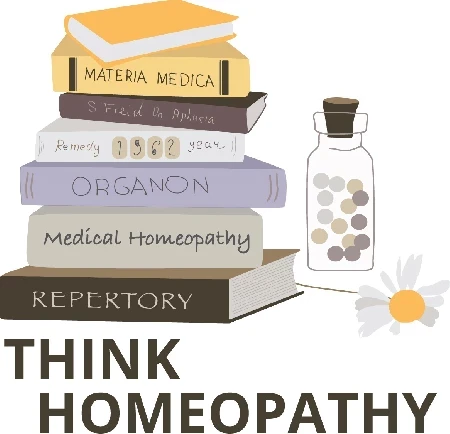In conventional medicine, the gold standard to assess the effectiveness of a treatment is the randomised, double-blind placebo-controlled trial. This model is useful in assessing a standard pharmaceutical treatment for a specific condition, but it isn't the most suitable tool to assess the effectiveness of homeopathy which is so highly individualised. In real life, you are unique, with particular strengths, susceptibilities and weaknesses, and the way your symptoms are addressed needs to be tailored accordingly.
There is a substantial amount of evidence from clinical trials that homeopathy is effective, corroborating the experience of homeopaths for more than 200 years.
Some scientists wonder how the remedies could possibly have any effect if the substance is diluted until there is no original source material left. The correct remedy seems to impart the specific information the body requires to activate its self-healing mechanisms.
There is growing evidence that this information is patterned into the solvent in which the remedies are processed during the course of potentisation. Modern advances in physics are getting closer to providing the possible mechanism of action of this effect.
Evidence is also growing that water is capable of storing information relating to substances with which it has previously been in contact.
Dr Luc Montagnier, the French Virologist who won the Nobel Prize in 2013, said in an interview published in Science Magazine of December 24, 2013: "The high dilutions used in homeopathy are right. High dilutions of something are not nothing. They are water structures which mimic the original molecules".
